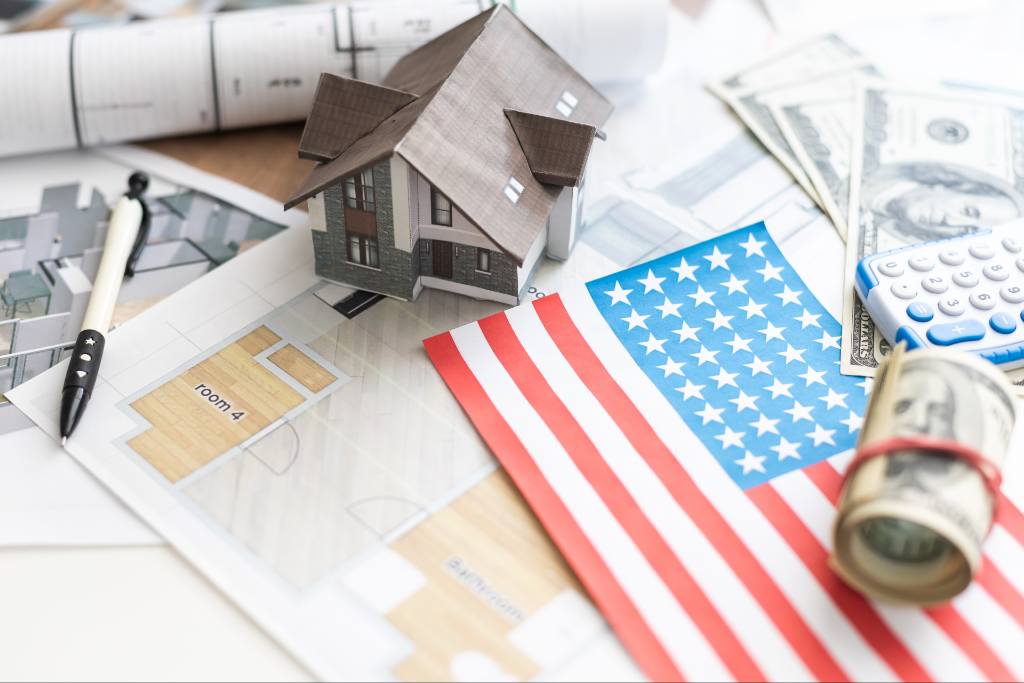How Tariffs are Changing Florida’s Housing Market
If you’re engaging with the real estate scene in Florida, the landscape is undoubtedly more complex due to recent tariff policies. These tariffs, levied on imported materials, have reshaped the market dynamics by driving up construction costs and, consequently, home prices. Let’s delve into how these tariffs are influencing the housing market for both buyers and sellers.
Understanding Tariffs and Their Impact on Real Estate
What Are Tariffs?
Tariffs are taxes imposed on imported goods, which lead to increased costs for these items. In the housing market, tariffs on materials like lumber, steel, and aluminum are causing construction expenses to skyrocket. Builders, reliant on these materials for new homes and renovations, often pass these increased costs onto buyers.
Notably, Florida’s housing market, which is already facing supply shortages, feels the impact more acutely.
The Rise in Construction Costs
According to the National Association of Home Builders (NAHB), recent tariff actions have contributed an estimated $9,200 to the cost of a new home. For example:
- Lumber: Canadian lumber, which constitutes about 85% of U.S. softwood imports, has seen price spikes due to tariffs. This affects essential construction components such as framing and trusses.
- Steel and Aluminum: With tariffs on imported materials, builders are facing heightened costs, translating to expensive homes.
In high-demand cities like Miami, Tampa, and Sarasota, the effects are particularly pronounced, as builders often depend on these imported resources to satisfy housing needs.
Increasing Home Prices: A Consequence of Higher Costs
Rising construction costs push home prices upward. This situation can be troubling for prospective buyers:
- Newly Built Homes: As builders raise prices to reflect increased material costs, buyers face steeper price tags.
- Renovated Homes: Similarly, higher expenses for renovation materials elevate the final prices of previously owned homes in the market.
Challenges for Buyers
First-time homebuyers and those seeking budget-friendly options are feeling the pinch, as appraisers struggle to keep pace with escalating prices. Uncertainty can lead to concerns about whether a property is fairly valued amidst fluctuating market conditions.
Slowed New Home Construction
The immediate result of escalating construction expenses is a slowdown in new home construction:
- Many builders are postponing or even scrapping planned projects.
- The resultant decrease in new builds strikes a blow to housing inventory, making the market increasingly competitive.
Fewer new homes equate to limited choices for eager buyers. In Florida’s tight market, this not only drives up prices but also contributes to an environment of bidding wars, making it tough to find suitable homes.
Shifting Buyer Preferences
As new home prices continue to climb, many buyers are turning to resale homes instead:
- Affordability: Existing homes often present a better option for buyers sensitive to escalating costs.
- Simplicity: Opting for resale can also alleviate complications associated with new construction, which has become more expensive and less readily available.
For homeowners, renovation costs have soared due to tariffs on raw materials, prompting them to revise their project budgets and expectations.
Insurance Costs on the Rise
Florida’s housing market is also grappling with higher insurance premiums driven by increased construction costs. For instance:
- The average homeowner insurance cost is projected to rise by 8%, bringing the approximate total to $3,520 for a $400,000 home by 2025.
- In hurricane-prone areas of Florida, some homeowners may experience increases as high as $15,460—the steepest in the nation.
These factors not only place financial strain on homeowners but also contribute to heightened risks in the insurance market, exacerbating the challenge further.
Strategies for Buyers and Sellers
For Buyers:
- Consider Existing Homes: Look for resale options that might provide better value than new constructions.
- Negotiate with Sellers: Leverage the competitive market to negotiate favorable prices or terms.
- Budget for Rising Insurance: Factor in potential increases in insurance premiums when planning your housing budget.
For Sellers:
- Highlight Unique Property Features: Showcase any advantages your property offers, like energy efficiency or recent renovations.
- Set Competitive Prices: Be strategic in pricing your home to reflect current market conditions while ensuring it’s appealing to buyers.
- Prepare for Appraisal Inconsistencies: Be ready to justify your listing price in light of potential appraisal challenges.
Conclusion: Navigating Tariff-Impacted Real Estate in Florida
The influence of tariffs on Florida’s housing market is profound, touching everything from construction costs to insurance premiums. By understanding these changes, both buyers and sellers can make more informed decisions in this evolving landscape.
If you’re looking to navigate these complexities in Florida’s real estate market effectively, consult with seasoned experts who can offer guidance tailored to current conditions. Learn more about how tariffs affect home values, and adapt your strategy to thrive amidst these changes.


